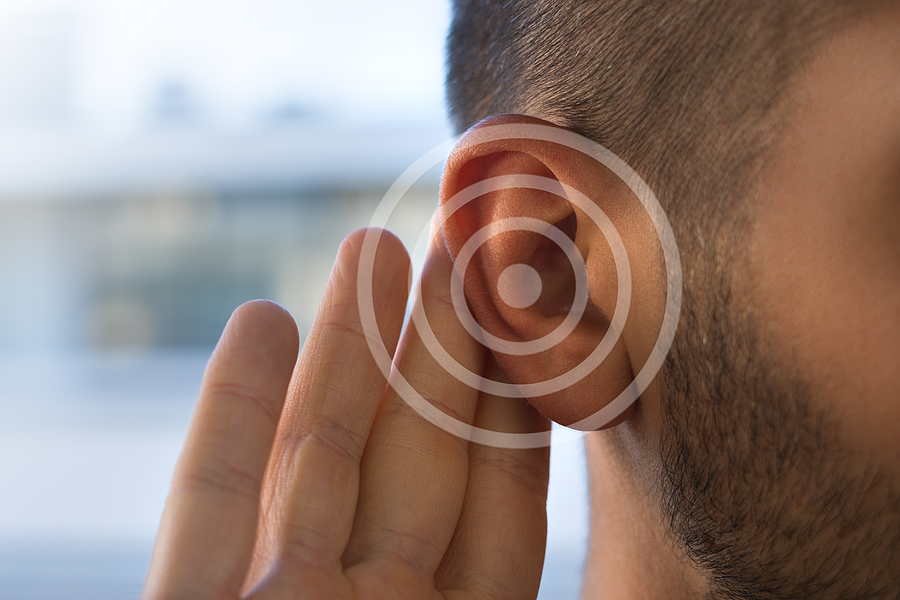Would you fly an aircraft with high engine oil pressure?
How about if there was also an issue with the fuel control system? Let’s say in this particular aircraft, this specific fuel system issue was known to make a pre-existing oil pressure problem worse. Would you fly it now?
I’m going to guess you wouldn’t. I’m sure, if you thought about it long enough, you could all come up with a few scenarios to justify taking off. However, let’s be realistic, all of those scenarios are pretty far-fetched and are about as likely to happen as winning the lottery.
Now the question is why wouldn’t you fly that aircraft? The answer is that there is an obvious and compounding engine problem. Although the engine oil pressure is just outside of the normal range it is still out of limits. Over time with increasing pressure the oil lines could break, the oil pumps could fail and the engine would eventually seize.
The oil system in this aircraft is similar in design to the human cardiovascular system. Increasing pressure causes damage to the vessel walls which can lead to aneurysms (structural failures of a blood vessel) which can lead to massive internal bleeding and death.[2] The pressure can lead to fatty deposits on the inside walls (plaques) of the blood vessels.[2] These plaques make the blood vessels even more narrow thus increasing the pressure even more.[2] Depending on which vessels these plaques are in can cause heart attacks or strokes.
High pressure and time will also cause permanent damage to the pump (heart) leading to heart failure.[2]
Now, what about this fuel system issue? What was going on there? In this example, I’m referring to blood sugar. Blood sugar (blood glucose) provides the fuel your body needs to function. Insulin is the hormone that tells cells to take up glucose from the blood to use as fuel.[1] In essence, Insulin is the action signal from a fuel control unit.
Here is why we care. Think of your fat cells as reserve fuel tanks. They store energy for use if the main tanks go empty. As with preflight fuel planning where we have to balance weight, the same thing is true with human fuel reserves. Your body wants to keep enough onboard to keep flying without degrading performance. If the human fuel reserve is too high, the body releases insulin to tell the fat cells to take it up and store it as more fat[1]. As the fat cells get fatter they will begin to leak1. This leaking will cause inflammation[1]. Also, if this fuel overload happens too often, the cells get more accustomed to high insulin levels which means they will need more and more of it to have the same uptake effect[1]. This is called insulin resistance[1]. If left uncorrected, it may eventually lead to type 2 diabetes.
Here is where the story gets interesting. Diabetes also damages the inside of blood vessels and impacts blood pressure, increases plaque formation, and also increases the risk of heart attacks and strokes[2]. But if that wasn’t bad enough it can also affect your vision, and kidneys, and decrease the circulation to your extremities (hands and feet) which increases the risk of infection leading to limb amputation[2]. Diabetes can also cause permanent nerve damage often described as numbness of the feet.
Back to our fictitious aircraft. Barring some extreme circumstances, anyone deserving of a pilot’s license would say this aircraft needs maintenance. It makes much more sense to get the aircraft fixed now before the lines rupture, or the engine and fuel control systems fail. If you can take so much care of an aircraft you fly a few times a month, why not take the same care of the body you are flying in all the time?
As my mother reminded me recently, an ounce of prevention is worth a pound of cure. Thanks, Mom. It makes more sense to fight against high blood pressure and insulin resistance before they cause problems. Does anyone want to guess how we do that? It’s like your high school gym coach said: proper nutrition balanced with adequate sleep and some form of physical activity.
Our best advice for keeping your medical certificate is: If you are in great health already, keep it up. If you have a few extra pounds, your blood pressure is creeping up and you haven’t done a push-up since high school gym class, talk to your doctor then work on all those things. It turns out that lifestyle modification (diet, exercise, etc) is twice as effective at treating type two diabetes as the leading oral diabetes medication[1]. Maybe mom was right, an ounce of prevention really might be worth a pound of cure.
References
1. Bikman B. Why We Get Sick. lecture presented at the: Navy Medical Talk; January 2, 2021.
2. Robbins SL, Cotran RS, Kumar V, Abbas AK, Aster JC. Pathologic Basis of Disease. 9th ed. Philadelphia, PA: Saunders Elsevier; 2015.





